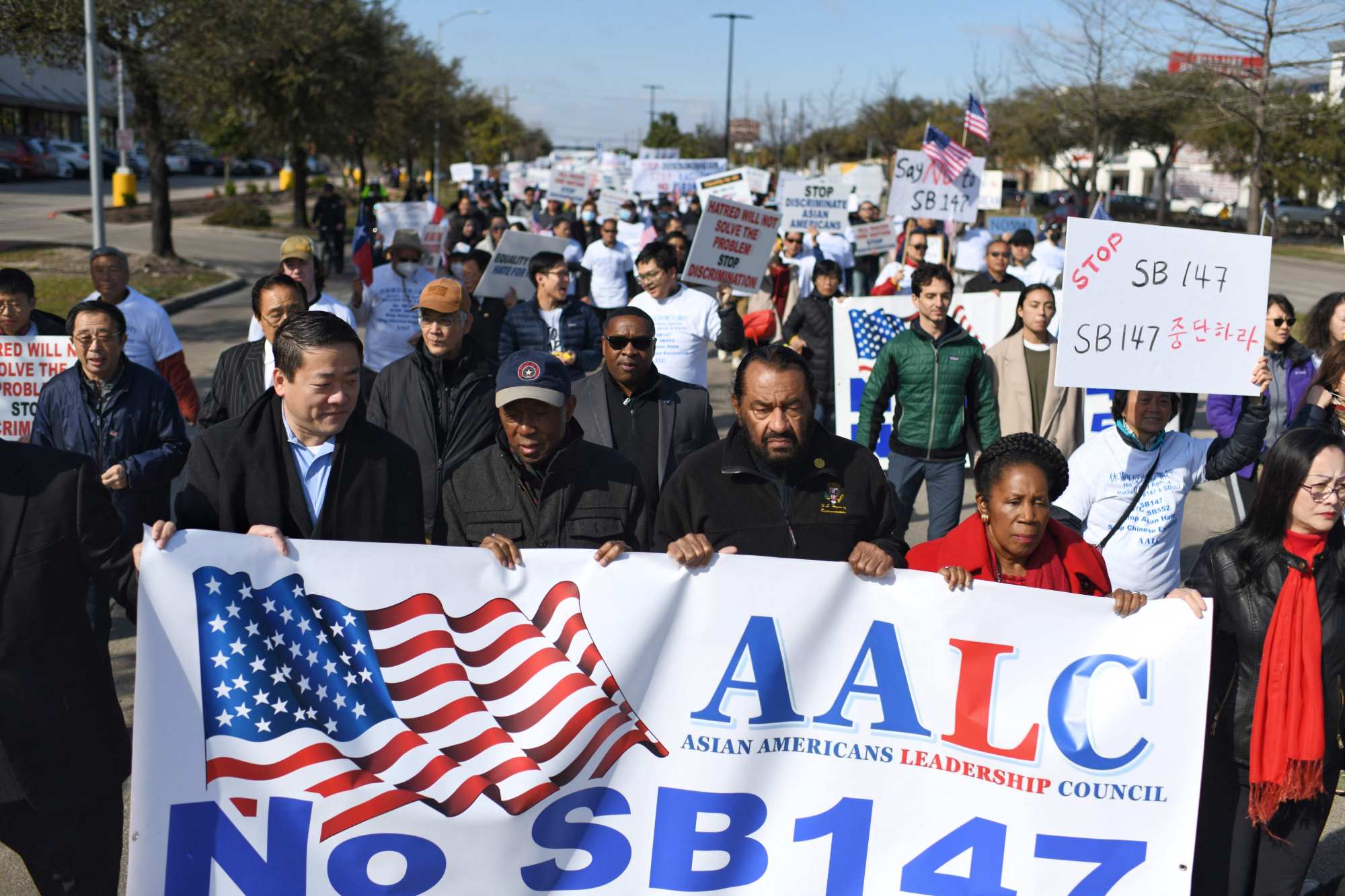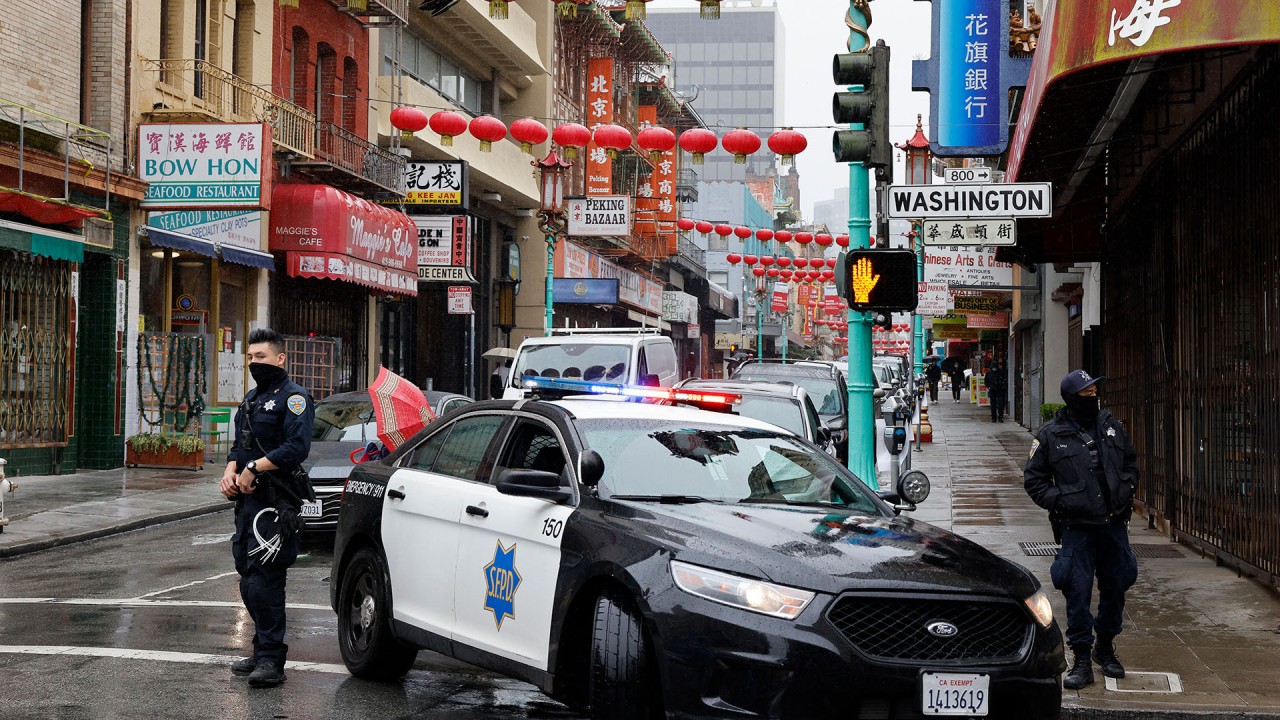
Asian-Americans face numerous hurdles to win greater acceptance and influence, experts say
- Speakers at Committee of 100’s annual conference say difficulties are not only racist stereotypes, but also in organising the AAPI community
- One way forward, analysts say, is to build power as a voting bloc; in the 2020 elections, turnout rose by 10 percentage points, well beyond any other ethnic group
The committee is a leading Chinese-American civic group and this year’s conference – held in San Jose, California and organised under the theme “Seeking Common Ground in Turbulent Times” – turned at times into a wide-ranging, soul-searching discussion.
Enduring more physical and verbal attacks in recent years, Asian-Americans, of whom Chinese-Americans comprise the largest part, have realised the importance of getting loud and defending themselves – not always a natural instinct for many who come from cultures that teach respect for hierarchy and deference to authority, experts at the conference said.
“There is a complexity in the identity of those who trace their origin back to China,” said Lanhee Chen, a fellow at Stanford University’s Hoover Institution. “It’s very difficult to think of a ‘unified strategy’ when there are so many … nuances in the background.
“It will continue to be a challenge.”
Nearly three quarters of Chinese-Americans report experiencing racial discrimination in the past year while 55 per cent worry about hate crimes or harassment, according to a study by the committee and Columbia University.
As political awareness has increased, growing numbers of Asian-Americans and Pacific Islanders are voting, running for office and otherwise mobilising politically.
A record number voted in the 2020 elections, with voter turnout rising by 10 percentage points, the highest jump of any racial or ethnic group, according to Christine Chen, executive director of Asian Pacific Islander American Vote.
And while this community is growing faster than any other demographic group in the US, its members still account for less than 1 per cent of all elected leaders, despite making up 7.3 per cent of the population.
Efforts to cultivate a new generation of leaders have also been frustrated, with momentum lost during the pandemic.
AAPI campus leadership groups are “all trying to rebuild their organizations at universities”, said Christine Chen told the audience. “They have not met in three or four years.”
With no quick fix in place, the community is also taking steps that promise returns over time.
The Asian-American Education Project has created model lesson plans and trained more than 3,000 teachers in a host of US states, including California, New York, Texas and Florida, in a bid to bring Asian-American history and cultural awareness into US classrooms.

However slow, education is one of the most effective ways to uproot deeply embedded stereotypes and change mindsets permanently, Stewart Kwoh, a founder of the project, said.
He cited the example of people refusing to interact with Asian-Americans for fear of catching the coronavirus. Non-Asian groups “may think about the 1,100 recent incidents of violence”, Kwoh said
“But throughout our history are so many more.”
In fact, the hotel in San Jose where the conference is being held was originally the site of a Chinatown burned down under suspicious circumstances in the 1880s.
Kwoh acknowledged that even Asian history can get political – between mainland Chinese and Taiwanese, for example – but said that his group tried to steer clear of differences.
Along with internal divisions, conference speakers said that physical appearance prevented the Asian-American community from fully marshalling its political energy and power – in contrast with, for example, Jewish Americans, who tend to blend in better with the white Christian society that dominates the US.
“The ease of visually identifying someone of Asian heritage creates an immediate reaction,” said Lanhee Chen, a past adviser to several Republican campaigns.
“While some American Jews have experienced that – the so-called typical Jewish appearance – for Asians it is much more pronounced, fuelling the myth of the perpetual foreigner. We’re easy to pick out.”
Few among the several hundred attendees at the conference held out much hope that the battle for political power and social acceptance was anything but long-term.
“The fallout of rising geopolitical tension has fallen disproportionately on the Chinese-American community,” said Zhengyu Huang, the committee’s president.
“As a population, Chinese Americans stand 5.4 million strong. But many of us have never felt so alone in our own homeland.
“The sobering reality is that we as a country have a long way to go.”


